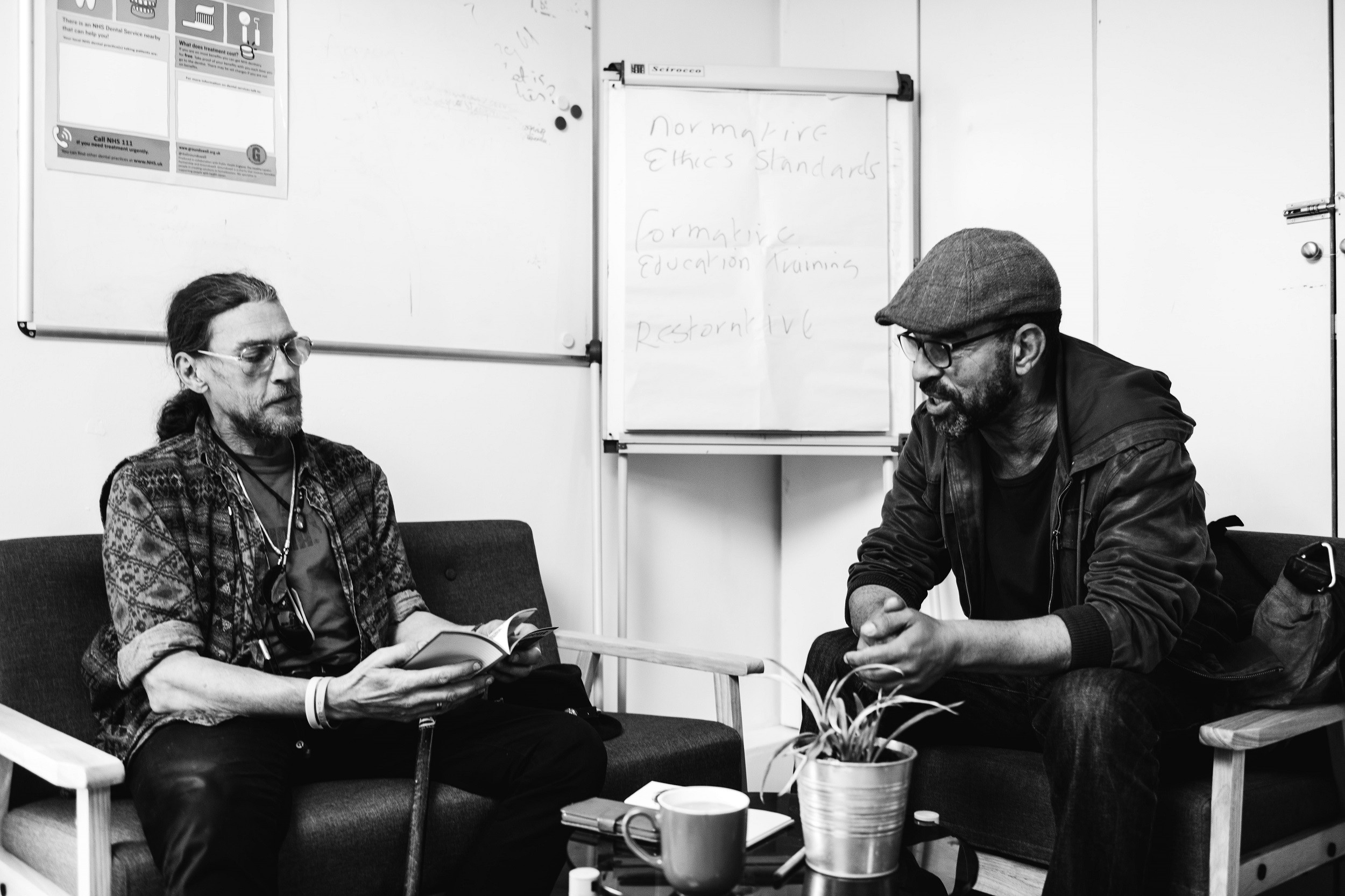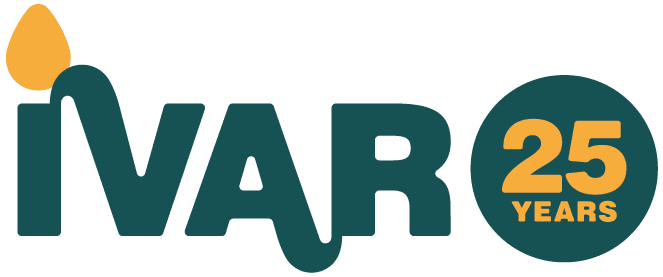
Learning in uncertainty
How can the new skills and observations from the pandemic feed into how foundations and trusts approach their learning and evaluation?
One year on from our learning through lockdown series, participants from the Evaluation Roundtable share reflections of how they learn and evaluate in continued uncertainty.
Tanya Beer, IVAR associate, kicks off the series by sharing five learning habits that can help learning organisations embed learning into their routines.
Learning needs to help us create just enough solid footing to take the next wise action, detect and sense what’s happening as a result, and inform a course correction fairly quickly.
Tanya Beer, IVAR associate




